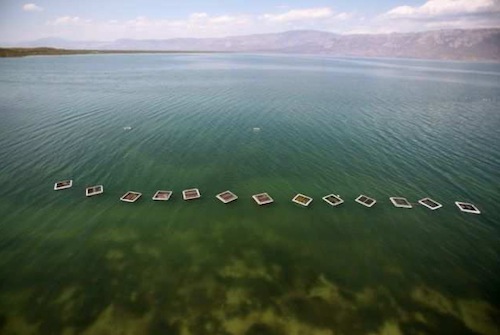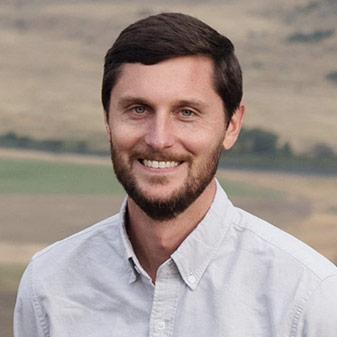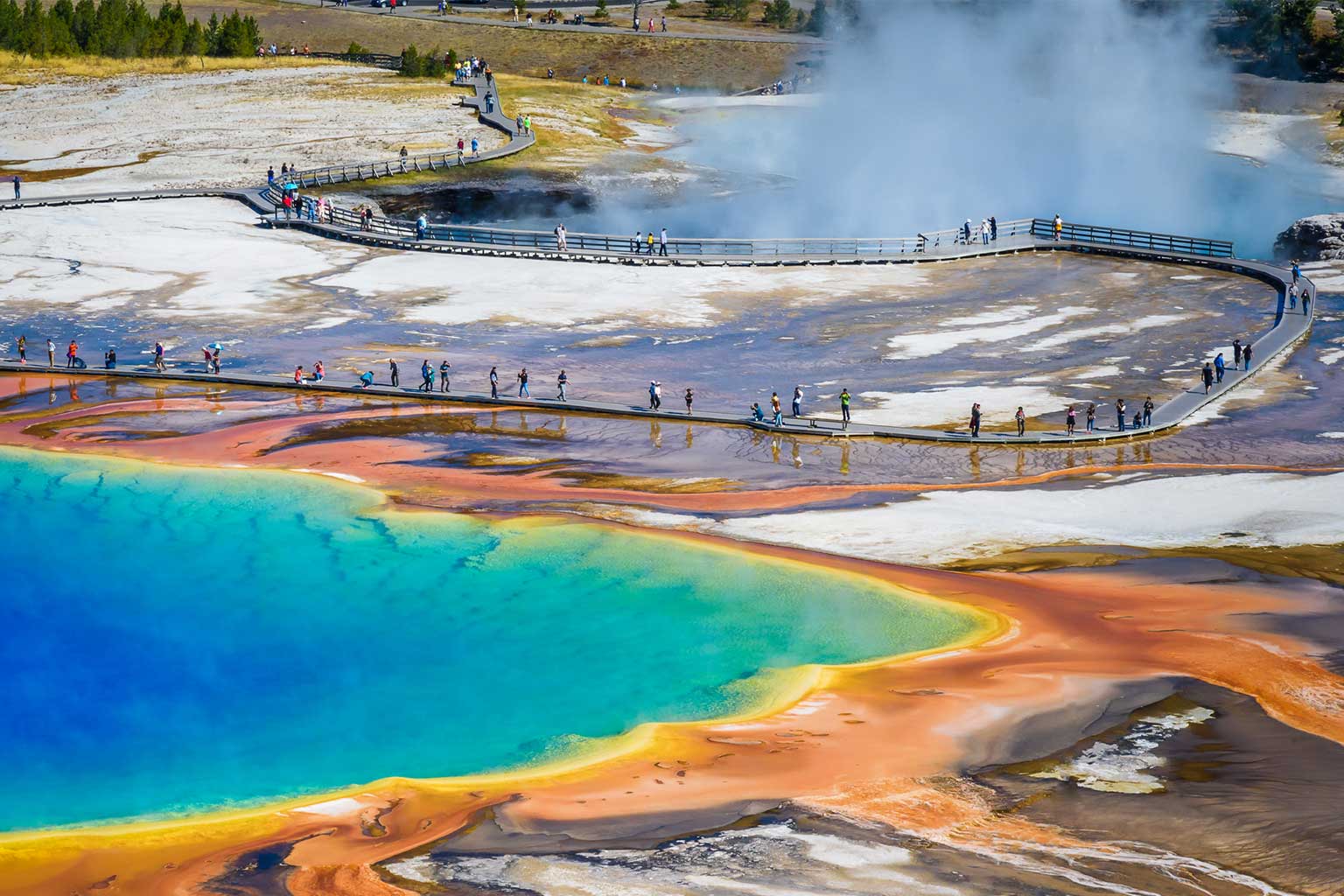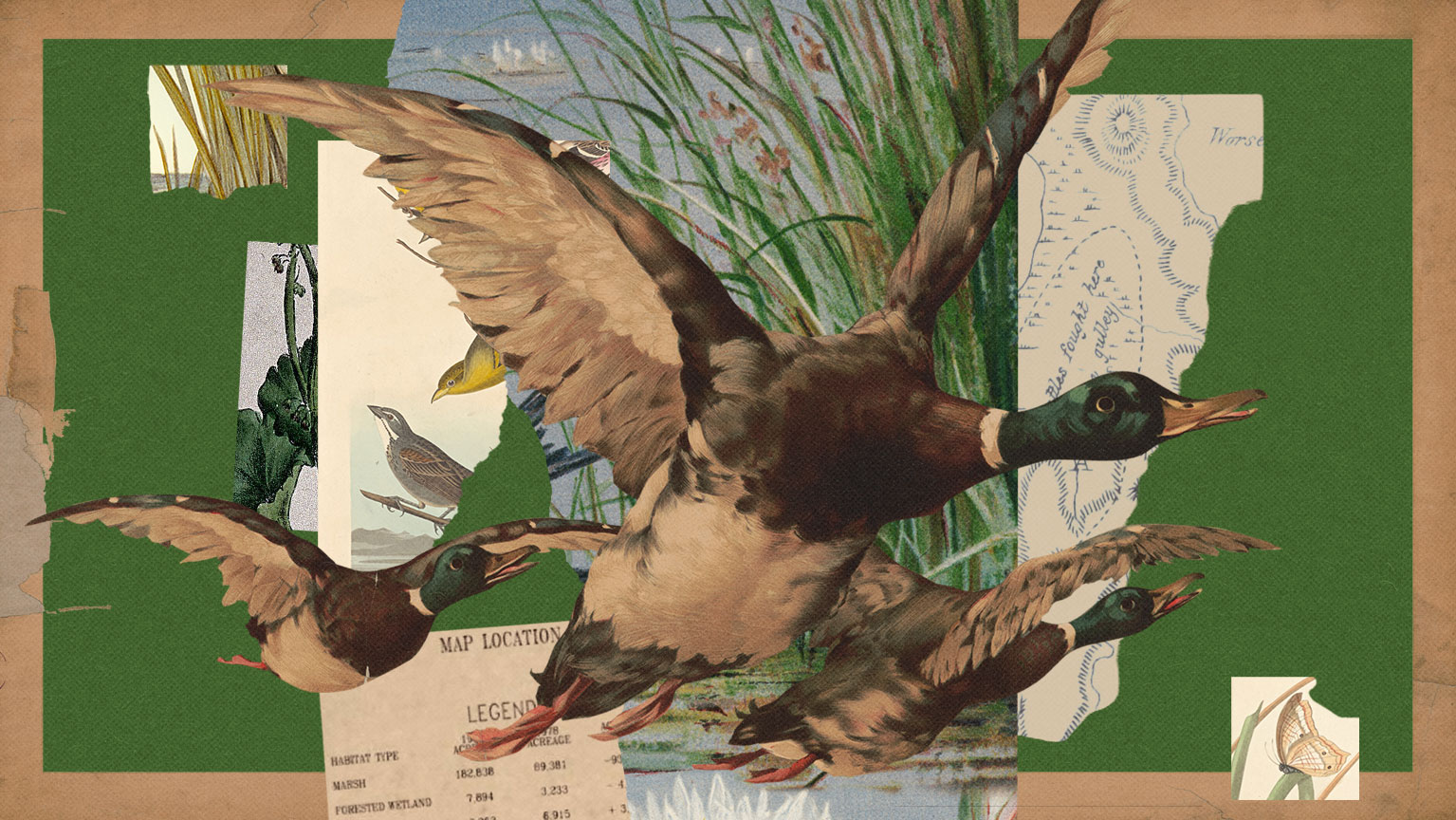
Abe (pronounced AH-bay), originally from Côte d’Ivoire, first came to Haiti in 1997 on a six month contract to assess potential aquaculture sites. He’d recently earned a PhD in aquaculture from Auburn University, and before he knew it the contract spiraled into two years. He’s been working with fish farmers in Haiti ever since.
In 2005, he started Caribbean Harvest, a program that turns terra farmers into aqua farmers using startup aquaculture kits and fingerlings from Abe’s hatchery in Croix-des-Bouquets, in the outskirts of the capital. Potential fish farmers rely mainly on donations to provide startup costs, but the idea is that once a farmer has a kit—two cages, 2,400 fingerlings for each cage, and feed—his operation will sustain itself once the first harvest goes to market. The 150 or so farmers Abe works with have had varying degrees of success so far.
Haiti’s lack of formal property rights—the Hernando de Soto-backed international property rights index doesn’t even bother to include the country—has been cited ad infinitum, especially during the reconstruction tumult since the earthquake two years ago. But Abe and his partner farmers have had surprisingly few property rights-related problems when it comes to the waters that hold their fish.
“In the lakes and reservoirs,” he says, “[farmers] do the monitoring, provide security for the cages themselves. They do all the work.”
The Haitian constitution provides that “water resources are the domain of the state; the right to property does not extend to any springs, rivers, or water courses.” But in practice, informal customary law reigns, and farmers provide their own enforcement.
Land, however, is a different story.
“We’re trying to locate land and go build a processing plant,” says Abe. “The owner of the land, we know that he’s the owner of the land, but he doesn’t have the proper documentation because land has been handed down from generations, from father to son. So they’ve never felt the need to do the paperwork on the land, and we cannot build infrastructure on land that doesn’t have titles.”
Abe plans to build the fish processing plant near Lake Azuéi, Haiti’s largest lake and the site of many of Caribbean Harvest’s farmers. Eventually, he also wants to build fish ponds, a more efficient way to farm. But he faces the same hurdles when it comes to securing proper title for land on which he wants to build ponds. He guesses that it will take six months at best just for all parties to acquire the proper paperwork.
For now, he waits.
Tate Watkins is a freelance writer based in Washington, D.C. He writes about economic development, foreign aid, and immigration, among other things. Currently in Port-au-Prince, Haiti. Photo via Caribbean Harvest.



